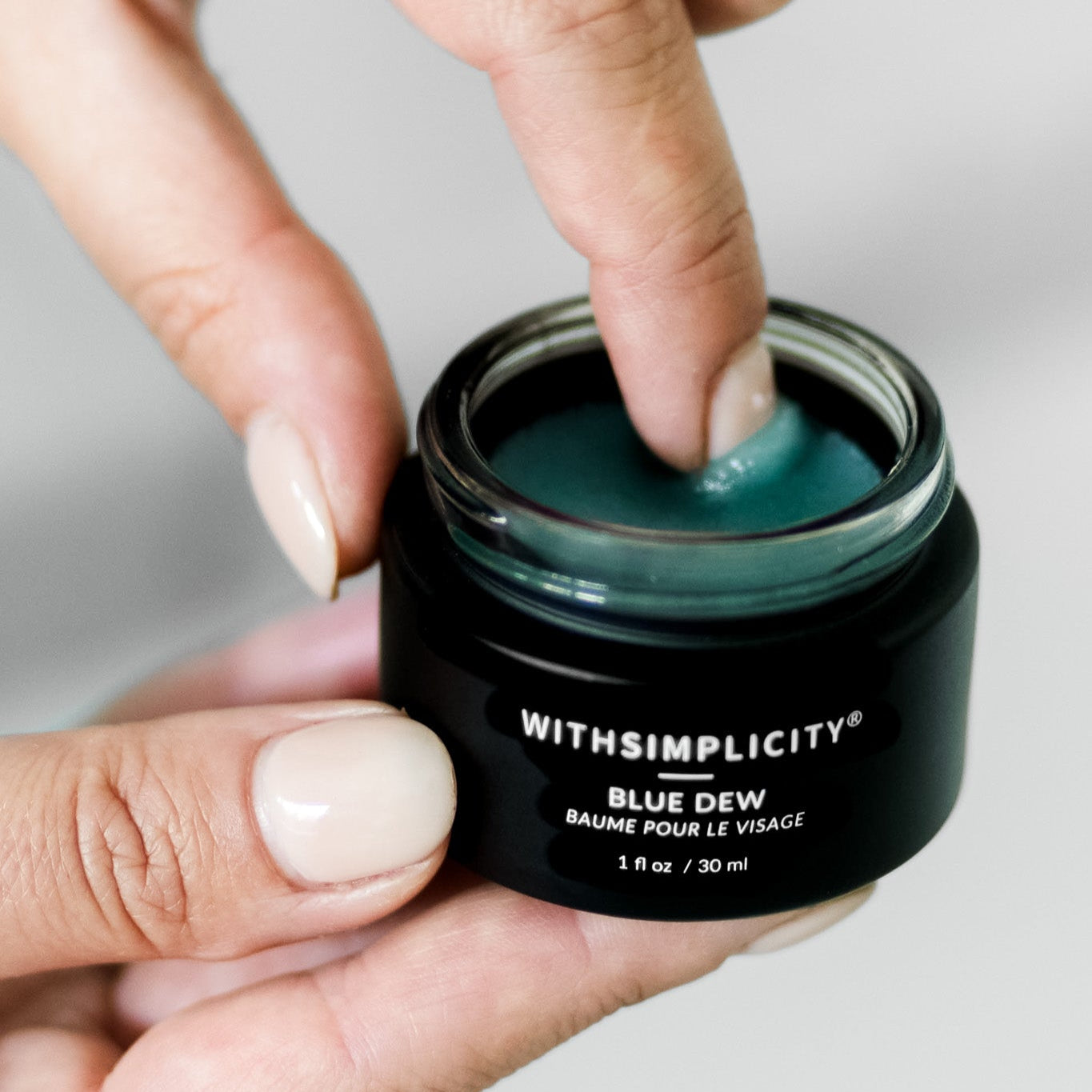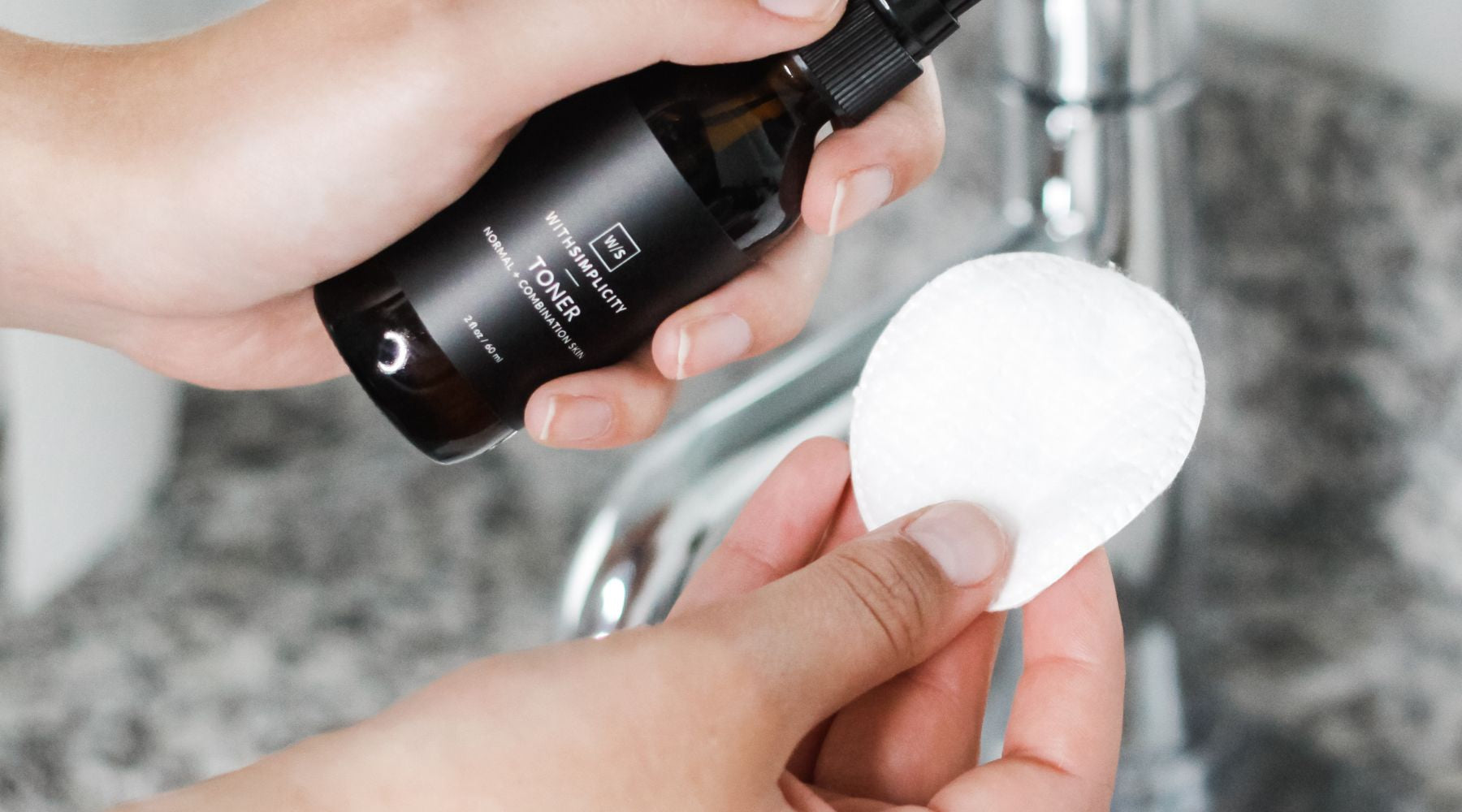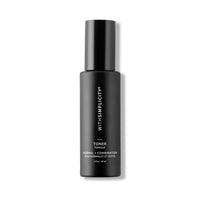We'll help you identify what pores are, what clogs them and how to keep them clean. From understanding the root causes to exploring various prevention strategies, discover everything you need to know about caring for your pores.
What are Pores?
Pores are tiny openings in the skin where sebum, sweat and toxins exit the body. They also help keep the skin healthy and hydrated. Every pore contains a sebaceous gland and hair follicle. When dead skin cells, bacteria and excess oil accumulate inside, the pores become clogged, leading to breakouts and inflammation.
There are two main types of skin pores:
- Sweat pores: These types of pores appear all over the skin. They are tiny and don’t appear to the naked eye. As the name suggests, these are where sweat comes out.
- Oil pores: These types of pores are connected to oil glands and exist all over the skin’s surface except on the palms of the hands and soles of the feet. Oil pores are visible and often appear larger near the cheek areas.
What do Clogged Pores Look Like?
A blocked pore can manifest in different ways, including the following:
- Whiteheads: These blemishes appear when a pore is filled with tiny white pus.
- Blackheads: These occur when dead skin cells and oil get trapped inside a pore that remains open.
- Pimples: Acne occurs when dead skin cells, bacteria and oil accumulate in a pore, causing inflammation and swelling.
- Nodules and cysts: Cystic acne is a more severe form of pimple that happens when cysts develop under the skin’s surface.
What Causes Pores to be Clogged?
There are many reasons why you may experience clogged pores. If someone has clogged pores, it doesn't mean they don't wash their face!
Excess Oil Production
Your sebaceous glands secrete natural oils to keep your skin moisturized. However, too much of these can block your pores and cause acne. Excess oil can get trapped inside your skin openings if you have dead skin cells on your dermis. You are more likely to experience clogged pores if you have oily or acne-prone skin.
Dead Skin Cells
Skin regeneration slows down as you age. This triggers the faster accumulation of dead skin cells on your skin’s surface, causing blocked pores, congested skin and a dull complexion.
Over-Cleansing
Cleansing is essential to an effective skin care routine, but too much can backfire. Washing your face too often can strip your skin of natural oils necessary for hydration.
Some signs of overwashing include dryness and tight feeling after cleansing. You should only cleanse in the morning and evening before applying skin care products.
Over-Exfoliating
Regular exfoliation can improve skin texture and remove dead skin cells, helping unclog pores. However, using too many exfoliating products can disrupt the skin barrier, leading to irritation, dryness and breakouts. You may also risk stripping your skin of natural oils, which can trigger oil glands to secrete even more sebum to compensate.
Ethnicity
Certain ethnic groups — particularly people of African, Brazilian and Indian ancestry — have larger pores, which are more prone to blockage and breakout. It’s still unclear whether men or women are more prone to having enlarged pores.
Air Pollution
Dirty air particles can reach your skin’s surface and clog your pores. You are most likely to experience this if you commute daily — notice if your face feels grimy after spending a long time with lots of cars or pollution.
Improper Face Washing
Oil, dead skin cells and debris can build up if you don’t wash your face regularly. This combination can block your pores, leading to whiteheads, blackheads and pimples. Using a gentle cleanser helps eliminate these impurities while keeping your skin hydrated.
What’s the Difference Between Clogged and Enlarged Pores?
Both may look similar, but they’re different in many ways. Clogged pores develop only when oil, dirt or other debris accumulates within them, regardless of their size. On the other hand, enlarged pores are stretched-out skin openings. They are more visible, but that doesn’t mean they’re blocked.
Enlarged pores are usually found on the nose and cheeks, though some might have them on the chin and forehead. Aside from ethnicity, these factors play a role in pore size:
- Genetics: Your genes determine your skin pore size. If your parents have larger pores, you might inherit them.
- Excess sebum production: Increased oil production can lead to more visible, clogged pores. This is because oil fills up the sebaceous filaments — thin appendages that line your oil glands. These become more noticeable when there’s an overproduction of sebum.
- Aging: The body’s natural collagen and elastin production declines as you age, making skin looser and pores bigger.
- Sun damage: Long exposure to the sun can also contribute to the appearance of large pores.
How to Treat Clogged Pores
A consistent skin care routine can help you prevent pore buildup. Explore these actionable tips to keep a healthy-looking skin.
Do NOT Squeeze Clogged Pores
You should avoid squeezing blocked pores, no matter how tempting. Scratching, picking or squeezing can leave the area swollen and irritated.
Remember — your hands have millions of bacteria. You can use a physical or chemical exfoliator instead of unclogging your skin openings with your fingers.
Work on Targeting your Acne
Acne can affect anyone, including adults. It starts when excess natural oils clog the pores. When that happens, the pores become an ideal breeding ground for bacteria that fill up the sebaceous glands, triggering inflammation.
Blocked pores often lead to inflamed blemishes. Apply a non-drying spot treatment, like our Blemish Drops, to let your acne heal slowly.
Also look for products with Willow Bark Extract. Willow Bark Extract is a natural source of salicylic acid that cleans out clogged pores.
Double Cleanse
Cleanse your face twice with two different products before bed. First, use an oil-based cleanser to remove surface debris, sunscreen and makeup. Next, wash your face with a gentle water-based cleanser to remove any residue, ensuring your skin is clean.
If you want the full breakdown on double cleansing, check out this super handy guide we put together!
Exfoliate
Exfoliating products help unclog pores, restoring a clean, more luminous complexion. Identify your skin type to determine the best kind of exfoliant for you. For instance, if you have acne-prone skin, avoid harsh scrubs and invest in BHA exfoliants, such as willow bark extract or fruit-enzyme masks. Consequently, an AHA chemical exfoliant is a gentler option, ideal for those with sensitive skin.When using a new product, remember to start slowly. Chemical exfoliants can increase photosensitivity, making your skin more sensitive to UV rays. Incorporate this step at night to give your skin ample time to repair itself.
Avoid Touching Your Face
A hand is home to between 10,000 and 10 million bacteria. You mindlessly pick up bacteria, germs and viruses from doorknobs, phones, keyboards, faucet handles, and gas pumps.
With germs lurking in every item, avoiding touching your face becomes more essential. These microorganisms can penetrate your skin, leading to clogged pores and breakouts.
Visit your Esthetician
Going to your estheitican at least once a month is the same as going to the gym regularly. Sometimes, your skin needs certain treatments that can only be performed by a master esthetician.
Next time you get a facial, mention to your esthetician that you're sturggling with clogged pores, and they will perform extractions and use products that will get your pores squeeky clean!
Local to the Harrisonburg, VA area and don't have an esthetician? Schedule an appointment with one of our Master Estheticians at The Skin Spa at withSimplicity!



